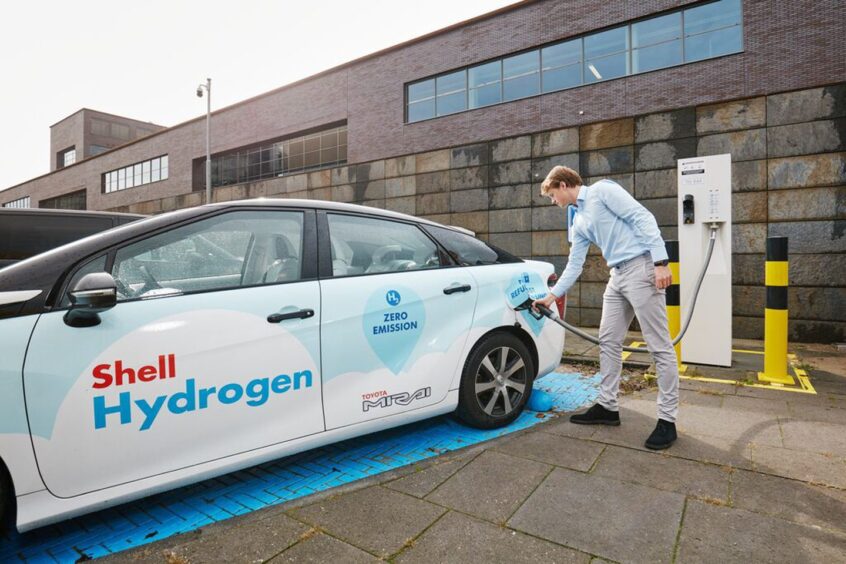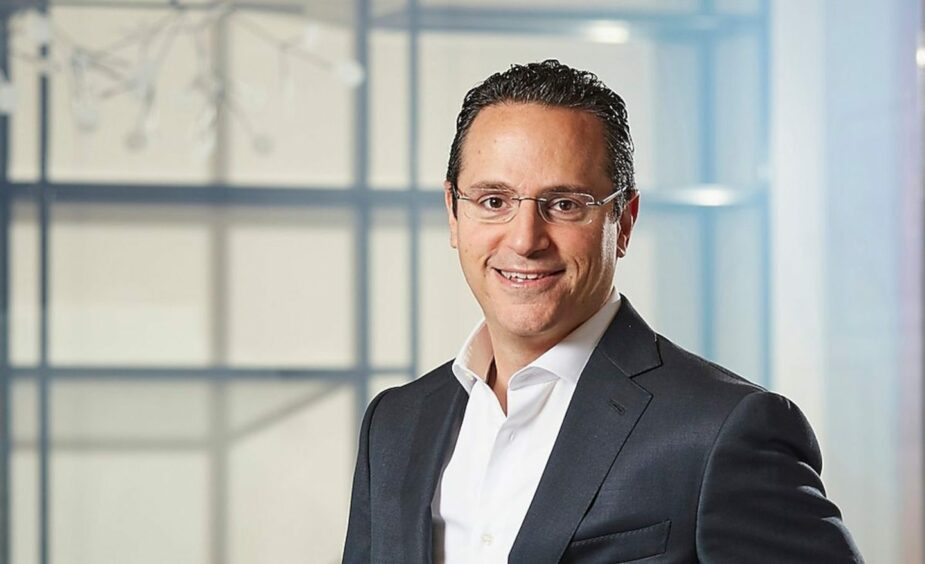
Shell is set to cull hundreds of jobs from its low-carbon business next year, amid a renewed focus on profitability from CEO Wael Sawan.
In a statement seen by Energy Voice the London-listed supermajor (LON:SHEL) confirmed plans to cut around 200 positions from its global low-carbon solutions (LCS) business in 2024.
A further 130 positions are also under review, though some of these roles are expected to be integrated into other parts of the company.
Shell did not comment on the locations of the roles affected.
It comes as chief executive Wael Sawan – who took the helm at the energy giant at the beginning of the year – has sought to refocus the group on its core oil and gas business in a bid to improve returns to investors.
At the group’s capital markets day in June Mr Sawan outlined plans to reduce the group’s capital spending to between $22-$25 billion per year for 2024 and 2025, and return as much as $5bn to shareholders in the second half of 2023.
Hydrogen target
The proposed cuts are likely to comprise around 15% of the company’s LCS arm, though make up a small proportion of Shell’s 90,000 global employees – around 1,000 of which are based in and around Aberdeen.
LCS includes Shell’s hydrogen operations – where it’s expected the majority of job losses will be felt – as well as a range of other work streams such as transport and industry, but does not include the company’s renewables business.
Four general manager roles in the hydrogen business will be merged into two, Shell said. Meanwhile the former head of Shell’s hydrogen mobility arm, Oliver Bishop, left the unit earlier this year to lead the hydrogen fuelling business of rival BP.
LCS also includes Shell’s carbon capture and storage (CCS) and nature-based solutions businesses, which are not expected to be affected by cuts.
These departments may be spared amid a growing emphasis on the company’s CCS operations in the UK, including its stakes in the north-east’s Acorn project and a recent spate of storage licence wins in the southern North Sea.
In a statement the company said it aimed to transform LCS “to strengthen its delivery on our core low-carbon business areas such as transport and industry.”
“In line with these principles, we are simplifying the business structure and reducing the headcount in our LCS business, with some roles being integrated into other parts of Shell.
“We remain committed to investing in viable low carbon business models and focusing on our strengths as we play our part in decarbonisation of the global energy system. This will include ensuring ongoing reliable delivery of energy and decarbonisation products, services, and solutions to our customers.”
Meanwhile, its consumer energy retail business was put under review earlier this year, with a deal to offload the unit to Octopus Energy now set to complete this quarter.
‘No change in direction’
Mr Sawan has been speaking on the road and throughout the company in recent months to promote his focus.
Speaking at Adipec in Abu Dhabi earlier this month he affirmed that there had been “no change in direction” for the company strategy.
“All we are doing is pacing ourselves.”
He reportedly made similar comments at an internal town hall meeting last week, noting that the company’s strategy hadn’t changed, but that the way it is delivered has.
“This is the shareholders’ money,” Sawan said in the townhall. “We need to earn the right to spend this.”
But while the move has concerned some Shell employees it has apparently been welcomed by many investors, with shares of the company rising as high as 2,758 pence in London last week – a threefold increase from the pandemic-era low of 878.3 pence three years ago.
The latest gauge of sentiment will come next week when the company reports its Q3 results on Thursday November 2.
Recommended for you

 © Supplied by Shell
© Supplied by Shell